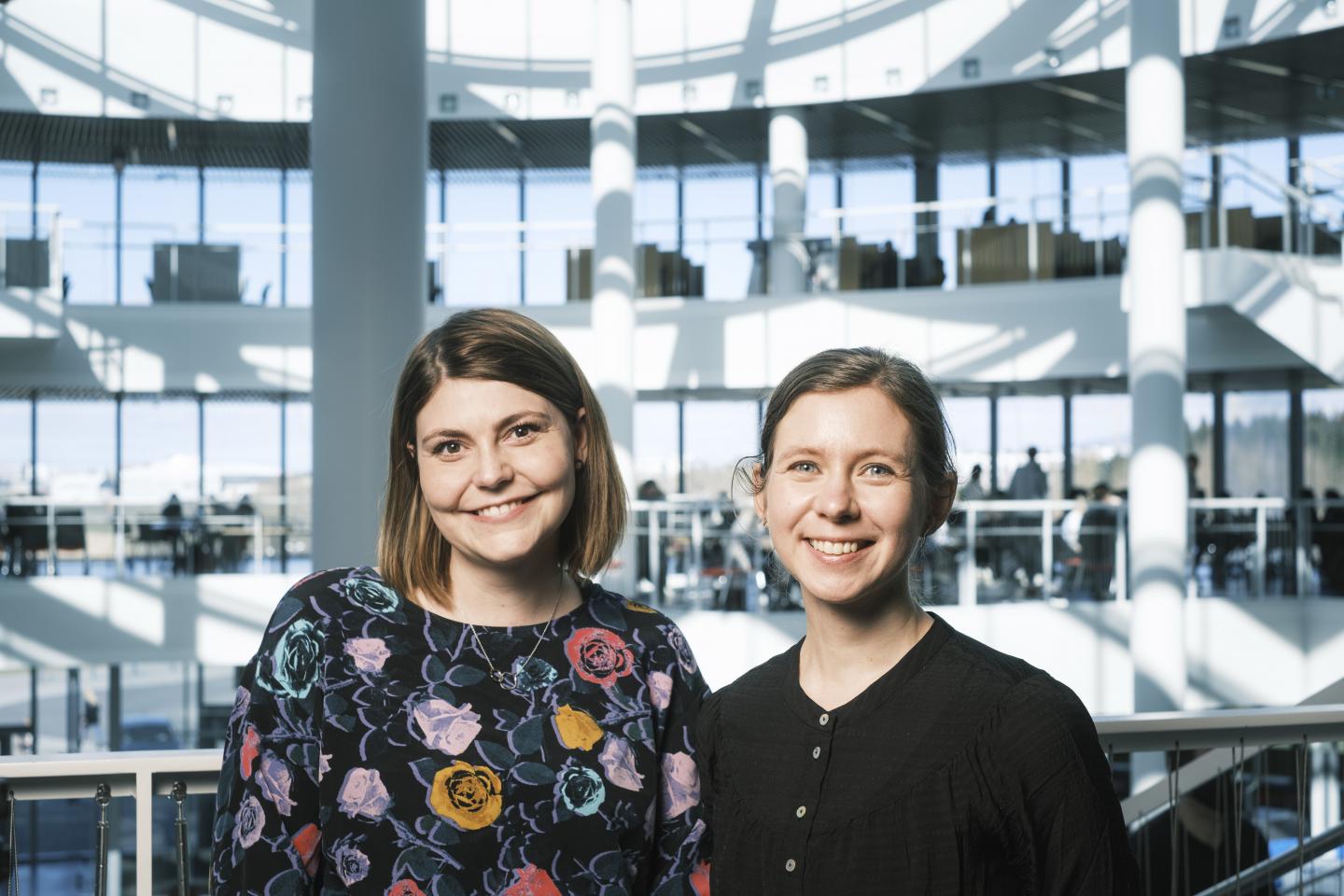SYSTEMS
Real-world flight data shows continued need for social distancing
Current vaccination programs alone will have a limited effect in stopping the second wave of COVID infections in the US, according to a study conducted by scientists from Reykjavik University in Iceland, University of Lyon, University of Southern Denmark, and University of Naples Federico II, and published in the Nature Group journal Scientific Reports today. The findings suggest that strict social distancing and other non-pharmaceutical methods are still necessary to end the ongoing second wave in the US and prevent a new one from rising.
The study fed real-world data on human mobility into a mathematical model previously used to predict the second wave of COVID in the US. As a proxy for general human mobility between regions in the US, the authors use data from the OpenSky Network, a non-profit association that provides open access to real-world air traffic control data for research purposes. The mathematical model, previously developed by the authors, was first tested and calibrated using data on the pandemic's progression in the first wave. Here, deploying the model on flight-control data, they show that given current rates of mobility in the US and the rate of vaccination, the vaccination campaign alone will not stop the ongoing wave of infections. 
Dr Anna Sigridur Islind and Dr Maria Oskarsdottir, assistant professors in the Department of Computer Science at Reykjavik University, led the work with the OpenSky Data. "Our analysis clearly demonstrates that continued vigilance is needed regarding social distancing and other non-pharmaceutical methods in the US, since not everyone can be vaccinated at once and because there is a considerable time lag from vaccination to immunity," Dr Islind said.
"Our results underscore the importance of using real-world data on human mobility relating to the pandemic and to inform public health strategies. This is especially important in a pandemic as complex as COVID and that has had such an uneven public health response, with huge variability in vaccination rates, social distancing regulations, and other measures. The flight-control data is very useful, as it comprises real-world information about rates of interstate travel and so provides a valuable broader view of human mobility on a large scale," Dr Oskarsdottir added. 
